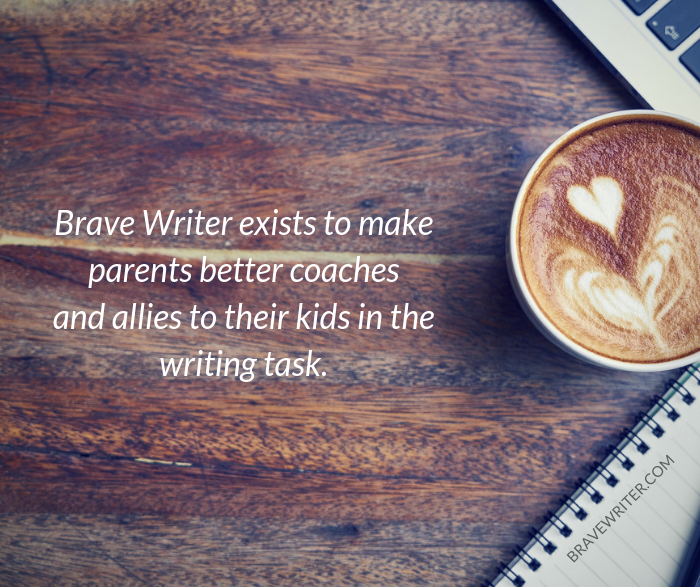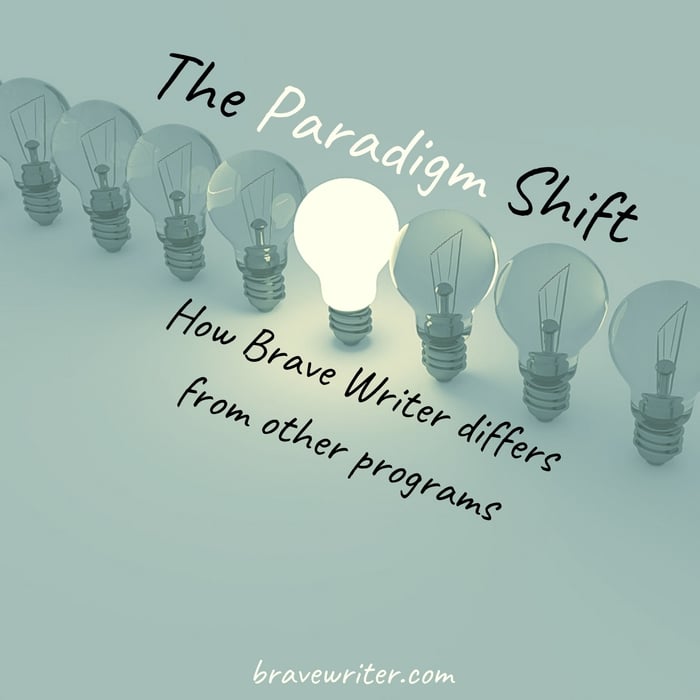My goodness. How can I not share this today?
“Genius often emerges where there is intimate support for it. Shakespeare worked in the intimate supportive community of a strong theater that wanted his next play. Dickinson worked within the intimate community of a family that loved her and protected her time and privacy. Neither of them were seen by their contemporaries as being greatly gifted. It seems truly important that there be a community of support around the artist that protects the making of art” (Pat Schneider *Writing Alone and With Others* xxi).
This quote struck me this morning as I work on the Partnership Writing product. What I know about homeschooling families is that they are uniquely intimate. That’s not to say there isn’t intimacy in families with kids in public or private schools. Rather, home education creates a context where genius can thrive. Why? Because there are no other people on the planet who are as predisposed to recognize the particular genius of children as the parents of those same little people.
Every time I speak, I’m inundated with mothers who share with me the brilliance of their kids—the breadth of imagination, the depth of vocabulary, the surprising accumulation of facts that the parent never saw the child amassing. Over and over again, parents marvel at who lives inside the skin of their children.
It’s from that appreciation, that “what a miracle is my child” posture that writing growth can occur! We are not fighting for success in grammar and punctuation. Our mission is not the proper execution of essays. We are not charged with critiquing and down-dressing our children for what appears to be lethargy or ineptitude.
Our chief mission at home with our children is to discover and articulate their particular brilliances, and then to fiercely protect the space into which they cast their risky thoughts so that they may take the tentative steps toward refining that genius, knowing they are emotionally supported and respected.
You get to do that work! Not a school. Not a theater company. But like Emily Dickinson’s family, you may provide for your children the emotionally safe, enthusiastically prepared environment that allows for risk-taking, failure, exaggeration, and blossoming—all in one.
Geniuses. That’s who you’re raising. Make sure you remember that today.






















